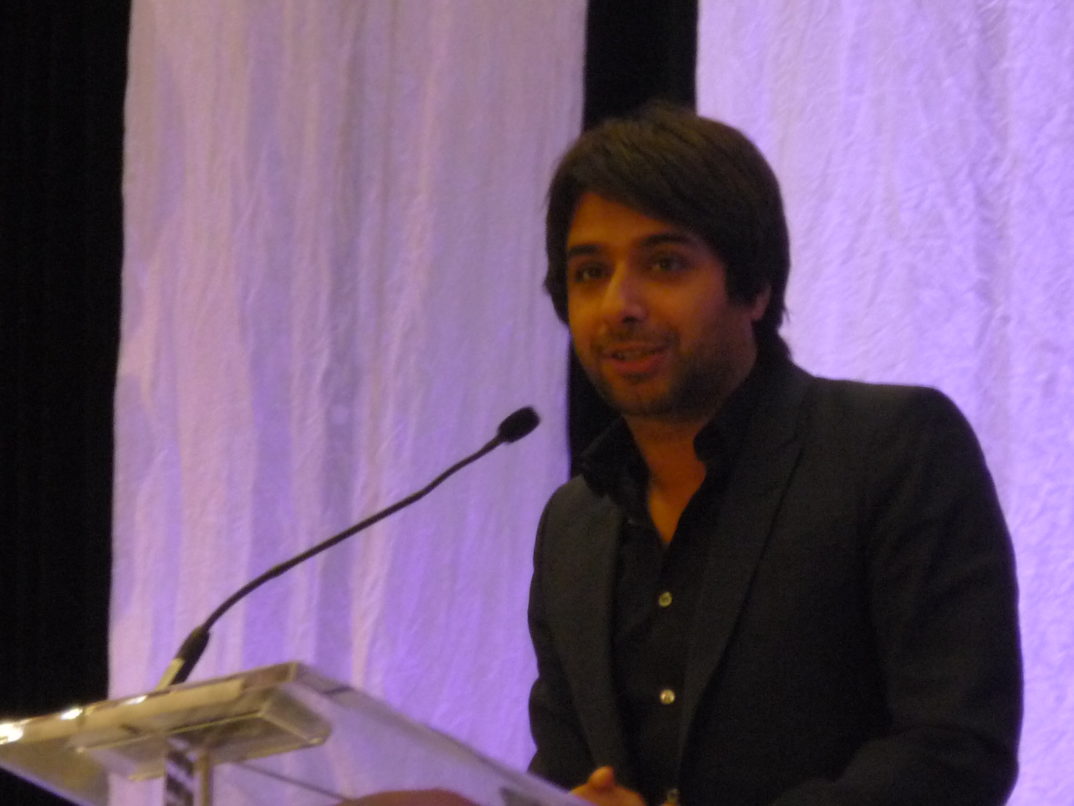We Listen to Accusers, Should We Listen to the Accused?
Editor’s Note: The confirmation hearings of Brett Kavanaugh, the allegations against him, and the subsequent congressional hearing interviewing Dr. Blasey Ford have spurred many difficult, complex reactions. This week, we will be publishing varied perspectives on the spectrum of topics brought to the fore by Dr. Blasey’s hearing. This is the second of that series.
Our culture has arrived at a moment of reckoning. Substantial strides have been made towards protecting victims of sexual assault and punishing those responsible. The perceived privilege of wealth and power can no longer shield the wealthy and powerful from facing deserved punishment for wrongful actions. But has the pendulum swung too far? In our efforts to unconditionally support victims have we crossed into automatically believing accusers? In doing so, have we failed to consider the account of the accused?
These questions came swirling after the New York Review of Books published an essay by Jian Ghomeshi on September 14. The essay, entitled “Reflections from a Hashtag,” offers an oft-dismissed perspective of an individual who was accused of sexual assault. Ghomeshi, former Canadian radio star and musician, was fired from the CBC after being accused of sexual assault in late 2014. Shortly thereafter, he was subsequently charged with four counts of sexual harassment and one count of choking. In March 2016, Ghomeshi was found not guilty of all charges.
Yet when Ian Buruma, the editor of New York Review of Books decided to publish Ghomeshi’s essay, it proved to be a rather controversial decision, receiving considerable backlash. In an opinion for the New York Times, Laura Kipnis explains the reason for outrage:
“Important facts were left out or misleadingly presented (for example, there were many more accusations against him than the ones that a judge acquitted him of), and giving Mr. Ghomeshi a platform was seen as equivalent to excusing or exonerating him. Mr. Buruma seems to have fatally underestimated the amount of pushback the essay would generate.”
Buruma has since resigned from his post and his former employer has since expressed regret for publishing Ghomeshi’s essay. But should they have?
The criticism that Kipnis outlines is but one of the many that exist. Some may argue that allowing Ghomeshi to publish an essay is indeed condoning him. Another possible reason to refrain from hearing from the perpetrator of an offense can be a traumatic experience for the victim. The trauma experienced likely is exacerbated if that account is published for the world to see, as is the case with the Ghomeshi essay.
But the major reason for the opposition is that is detracts from the goal of empowering victims of sexual assault and creating an environment where they feel comfortable rather than frightened to come forward with their experience. Giving equal or perhaps greater coverage to the alleged assailant could impede other victims’ willingness to share their story.
There is, however, a cost to this dismissive attitude towards the accused. It challenges several foundational principles of Western legal processes. You cannot know who is a victim until you arrive at the truth of the situation. The truth likely cannot be obtained in its complete form without the account of the accused. If then the motivation is to find the truth it seems necessary to listen to both the accuser and the accused. Otherwise, a destructive cloud of presumptive guilt hangs over the head of the accused.
Ghomeshi offers a unique perspective into the life of someone whose life is shattered by an allegation. He recounts the progression of his celebrity and the sudden exile from public life. Acknowledging his innocence, he writes the following:
“My acquittal left my accusers and many observers profoundly unhappy. There was a sentiment among them that, regardless of any legal exoneration, I was almost certainly a world-class prick, probably a sexual bully, and that I needed to be held to account beyond simply losing my career and reputation…
The accusations you face get conflated in social media with horrible things other men have done that are totally unconnected. The details of the allegations seem to become irrelevant, as does any legal decision. The stain of bad actions becomes indelible; a presumption prevails that the worst of what is tweeted is to be believed…
For some, nothing I say here will be enough or be put the right way. Even as I feel deep remorse about how I treated some people in my life, I cannot confess to the accusations that are inaccurate. What I do confess is that I was emotionally thoughtless in the way I treated those I dated and tried to date.”
Ghomeshi does not offer a standard denial in “Reflections from a Hashtag;” rather, he adds nuance and fills in the half-empty canvas of a troubling picture. His account, the account of the accused, leaves us with a more complete truth than what was present previously. After too long of not doing so, we have started listening to accusers. Perhaps we should begin to listen to the accused, too.





